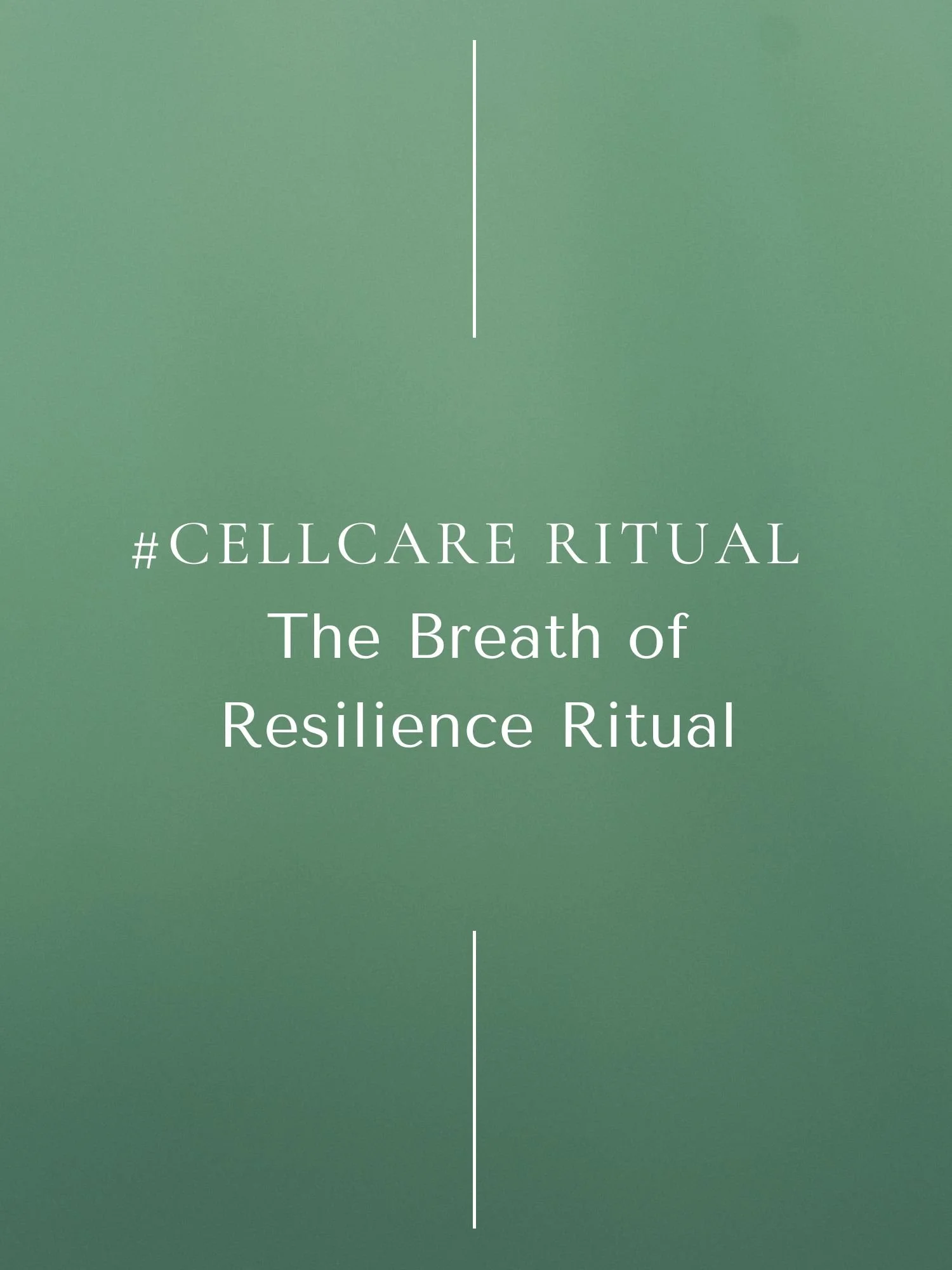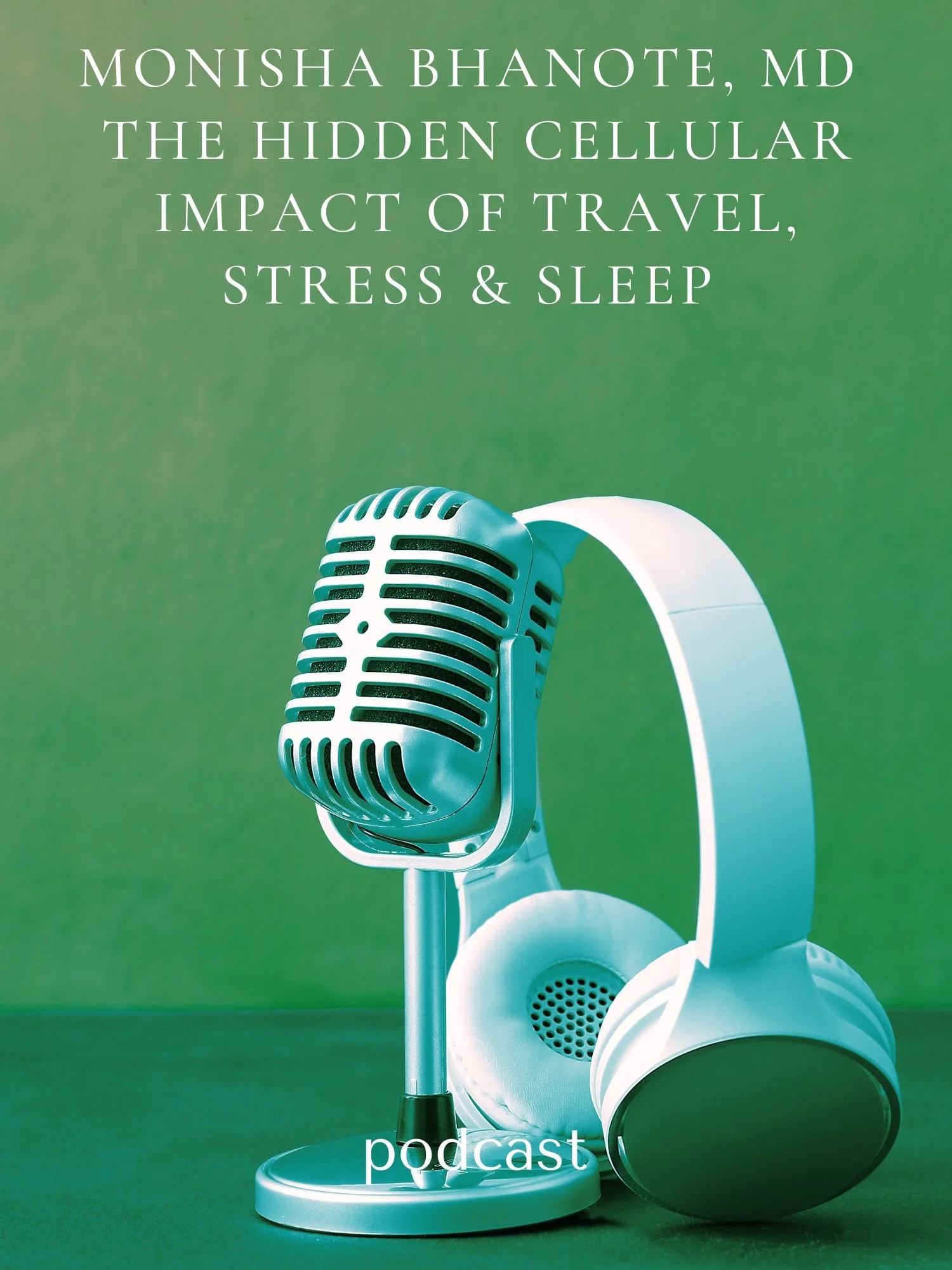Is Your Medication Quietly Hurting Your Gut? The Science of How Drugs Affect the Microbiome
You know, I often tell my patients that the gut is not simply where food goes.
It’s more like a small city living inside you—buzzing, negotiating, adapting, creating.
And if you could stand at the edge of that city and look in, you’d see trillions of tiny residents—bacteria, fungi, and even yeast—each with a job, each contributing to the rhythm of your internal world.
Some build vitamins.
Some regulate inflammation.
Some send quiet messages up the vagus nerve, influencing your mood long before you consciously feel anything.
This community is what we call the gut microbiome. But the truth is, it behaves less like a collection of organisms and more like a living intelligence—an ecosystem that shapes your immunity, your metabolism, your hormones, and even how your body ages over time.
And here’s the part no one tells you:
This ecosystem listens.
It responds.
It adapts.
And sometimes…it gets disrupted in ways we don’t immediately feel.
Modern medicine—life-saving, necessary, deeply noble—can also create ripple effects we rarely talk about.
Most people assume it’s only antibiotics that disturb the gut microbiome. But that’s only one chapter of the story.
A recent study published in the American Society for Microbiology’s journal revealed something far more startling: Many of the medications we rely on—antidepressants, beta blockers, stomach acid reducers, anti-anxiety drugs—don’t just influence the microbiome while we’re taking them. They can alter the ecosystem for years after we stop.
Years.
When I read that, I paused.
Because this is the part where awareness becomes medicine.
Where understanding becomes agency.
Where you realize that the story isn’t about fear—it’s about finally seeing the full picture of what’s happening inside you.
ARTICLE CONTINUES BELOW
The Microbiome | Your Inner Ecosystem
By the time most people discover the microbiome matters, it’s usually because something in their body has begun to whisper: fatigue, unexpected inflammation, a shift in mood, digestive changes they can’t quite explain.
What they’re feeling is not random. It’s the downstream effect of an internal ecosystem that has lost its rhythm.
A healthy microbiome doesn’t call attention to itself. It works quietly—calibrating immunity, managing inflammation, metabolizing nutrients, and supporting hormonal and neurological balance. When it functions well, we simply move through life with steadier digestion, better energy, and a more grounded sense of wellbeing—often without realizing why.
But when that system is disrupted, the consequences rarely stay contained.
This imbalance, known as dysbiosis, has been connected to a wide spectrum of conditions that don’t look like “gut issues” at all:
Autoimmune diseases like rheumatoid arthritis and lupus
Neurologic and mood disorders including Parkinson’s, Alzheimer’s, anxiety, and depression
Cardiometabolic imbalances such as obesity, diabetes, and heart disease
Chronic inflammatory states, including those linked to cancer
What’s striking is that dysbiosis doesn’t present itself with one obvious symptom.
Instead, it shows up as patterns—fatigue that lingers, inflammation that resists treatment, mood changes that don’t resolve, metabolic shifts that seem unexplainable.
This is why understanding the microbiome matters so deeply: It doesn’t just affect digestion. It influences how every system in your body performs under stress, responds to inflammation, and recovers from disruption—including the kind of disruption medications can create.
And this is where the research becomes impossible to ignore.
Medications and the Microbiome | What the Latest Research Reveals
One of the most illuminating studies to date on this topic came out in 2024, published in the American Society for Microbiology’s journal mSystems. What made this study different wasn’t just the size of the population—it was the way researchers looked not only at what medications people were taking, but how those medications shaped the microbiome over time.
The researchers followed 2,509 adults between the ages of 23 and 89 from the Estonian Microbiome Cohort. Each participant provided blood samples, cheek swabs, and stool samples—giving researchers a multidimensional snapshot of their health. But the real breakthrough came from the stool testing.
Using metagenomic sequencing, scientists were able to map each person’s microbiome with extraordinary detail—identifying not only which microbes were present, but how their networks and metabolic functions shifted in response to medications.
To understand whether these effects lasted, a subset of 328 participants returned after an average of 4.4 years to provide a second stool sample. Researchers then cross-analyzed these microbiome profiles with detailed records of each participant’s current and historical prescription drug use.
What they uncovered was profound:
Certain medications, even those not traditionally associated with gut disruption, left measurable microbial fingerprints that persisted for years.
This is the kind of finding that shifts the conversation.
Not toward fear—but toward awareness, personalization, and responsibility for the internal ecosystems that shape our long-term health.
Seven Medications That Significantly Alter the Gut Microbiome
When the researchers overlaid medication history with microbiome data, seven categories of drugs consistently stood out. These weren’t fringe medications or rare prescriptions—they were some of the most commonly used drugs in modern medicine.
And each left a distinct microbial imprint.
1. Proton Pump Inhibitors (PPIs)
Medications used for acid reflux and ulcers. They were linked to reduced microbial diversity and an overrepresentation of opportunistic bacteria—the kind that thrive when stomach acid is suppressed.
2. Metformin
A cornerstone medication for type 2 diabetes. It altered microbial metabolism and increased certain short-chain fatty acid–producing species. Some of these shifts may be beneficial, but they still represent a significant reshaping of the ecosystem.
3. Benzodiazepines
Prescribed for anxiety, sleep, and panic disorders. They appeared to reduce microbial stability, potentially influencing neurotransmitter pathways connected to mood and sleep regulation.
4. Beta Blockers
Used for high blood pressure, arrhythmias, and heart disease. These were associated with changes in bacteria involved in lipid metabolism—a reminder that cardiovascular medications may influence metabolic pathways indirectly through the gut.
5. Antipsychotics
Prescribed for bipolar disorder, schizophrenia, and severe mood disorders. These medications consistently decreased beneficial bacteria, with patterns that mirrored metabolic side effects often seen in clinical practice.
6. Antidepressants
SSRIs and SNRIs, among the most widely prescribed drugs worldwide. They altered microbial composition through serotonin-modulated pathways, affecting species involved in mood regulation, inflammation, and motility.
7. Antibiotics
The most well-known disruptors. They can dramatically reduce microbial diversity, and in some cases, the ecosystem may take years to fully recover.
What the Patterns Revealed
Across all categories, one message became unmistakable:
The longer someone used medications—and the more medications combined—the greater the disruption to their gut microbiome.
Polypharmacy didn’t just add up; it amplified. Microbial species that were resilient against one medication became vulnerable when multiple drug classes were introduced. Conversely, protective species that maintain gut lining integrity and immune regulation declined more rapidly in individuals taking multiple medications.
This wasn’t just coincidence. It was a pattern strong enough to suggest that the microbiome is not responding to these medications in isolation—it is responding to the cumulative load placed on the system.
And this is where the story shifts next: How do these medications change the microbiome—and what can we do to minimize the disruption?
How These Medications Change the Microbiome
To understand what these medications were doing, the researchers looked beyond which microbes were present and focused on how the ecosystem itself was being reshaped—its communication, its metabolism, its stability.
What they found is that medications don’t just add or remove certain bacteria.
They shift the rules of the entire environment.
1. They Lower Microbial Diversity
A healthy microbiome thrives on diversity.
Think of it as biodiversity in nature—the more species that coexist, the more resilient the system becomes. Medications, especially PPIs and antibiotics, tended to narrow this diversity, making the ecosystem more fragile and easier to disrupt.
2. They Change the Chemical Conversations Inside the Gut
Microbes speak in metabolites—short-chain fatty acids, neurotransmitter precursors, immune modulators.
Many medications altered these chemical signals, changing how microbes:
influence mood
regulate inflammation
metabolize nutrients
protect the gut lining
The result is a ripple effect that can impact systems far beyond digestion.
3. They Shift the Balance Between Friendly and Opportunistic Species
Some medications increased the growth of bacteria that flourish in stressed or weakened environments. Others suppressed keystone species—those microbial “anchors” responsible for keeping inflammation in check and maintaining gut barrier integrity.
4. They Influence How the Microbiome Recovers
One of the most striking findings was that certain medications slowed the microbiome’s ability to self-correct. Even after discontinuation, the ecosystem didn’t bounce back the way researchers expected. In some individuals, microbial signatures of prior medications were detectable years later.
5. They Interact With Each Other in Unexpected Ways
The study revealed something medicine rarely discusses: Drug combinations can affect the microbiome more dramatically than any single medication alone. This means the gut isn't responding to isolated drugs—it’s responding to the total pharmaceutical environment.
Why This Matters for Your Health
When you zoom out and look at the body as an interconnected network, the significance becomes clear: changes in the microbiome don’t stay in the gut. They ripple through every major physiological system.
Because the microbiome regulates immunity, inflammation, metabolism, neurotransmitters, and even cellular repair mechanisms, medication-induced dysbiosis can manifest far beyond digestion. Research consistently links these microbial shifts to:
Neuroinflammation and altered mood, through disrupted gut–brain signaling
Metabolic imbalances, including insulin resistance and glucose dysregulation
Weakened immune resilience, increasing susceptibility to chronic low-grade inflammation
Reduced detoxification capacity, overwhelming pathways that help clear toxins and support liver function
Elevated oxidative stress, which strains cellular recovery
Accelerated cellular aging, driven by disrupted redox balance and inflammatory pathways
In other words, medications can be both lifesaving and life-altering.
They preserve health on one end—and influence the microbiome, metabolism, and immune function on the other.
This isn’t about choosing for or against medication. It’s about seeing the whole picture so that you can care for your microbiome with intention—especially when pharmaceuticals are part of your health journey.
Awareness creates agency. And agency is where healing begins.
Can We Repair the Microbiome? Absolutely.
Here’s the part I want you to really take in:
The microbiome is not fragile.
It’s responsive, adaptable, and—when supported intentionally—remarkably capable of rebuilding itself.
Even when medications leave long-term microbial fingerprints, the gut is never static.
It’s always listening, always recalibrating, always trying to return to balance.
The key is giving it the right information.
1. Test, Don’t Guess
Most people move through life without ever knowing what’s actually happening inside their gut.
Yet a comprehensive stool test—ideally using metagenomic sequencing—can reveal so much: bacterial imbalances, fungal overgrowth, inflammatory markers, digestive capacity, and how well your microbiome is metabolizing the foods you eat.
This kind of clarity turns guesswork into strategy.
And strategy is where healing becomes measurable.
2. Optimize the Diet
Food is more than nutrition.
It’s communication.
Every plant fiber, every polyphenol, every antioxidant sends signals that shape which microbes thrive and which retreat.
A microbiome-supportive diet looks like:
A wide variety of plants: whole grains, legumes, vegetables, fruit
Naturally fermented foods like sauerkraut, kimchi, and tempeh
Less processed food, fewer refined sugars, and minimal red or processed meats
This pattern isn’t about restriction.
It’s about feeding the species that protect you, regulate inflammation, and strengthen your gut lining.
3. Move Daily
Exercise functions like a biological reset.
It increases microbial diversity, enhances metabolic pathways, and supports the production of short-chain fatty acids—nutrients that strengthen the gut barrier and reduce inflammation.
Movement doesn’t need to be intense.
It needs to be consistent.
4. Supplement Strategically
Not everyone needs supplements, but when used with intention—and guided by testing—they can act like targeted reinforcements.
This may include:
Probiotics and prebiotics matched to your specific imbalances
Plant polyphenols from berries, green tea, turmeric, or pomegranate
Postbiotics, such as butyrate, to nourish and repair the gut lining
These are not quick fixes.
They’re tools that help the ecosystem restore its own natural intelligence.
5. Review Medication Necessity
This is not about stopping medications.
It’s about asking thoughtful questions:
Is this still necessary?
Is the dose still right?
Are there integrative alternatives?
Can timing or frequency be adjusted to minimize impact on the microbiome?
These conversations matter—because medications influence your biology, and your biology deserves a seat at the table.
From Awareness to Action | A #CellCare Closing
Your microbiome is not a passive bystander in your health story.
It is an active collaborator—shaping your immunity, your metabolism, your mood, and even how you age at the cellular level.
Medications will always have an important place in modern medicine.
They save lives. They stabilize systems. They help people move through difficult chapters of illness. But they also shift the internal terrain in ways we are only beginning to understand.
The goal is not to fear these medications. The goal is to recognize that your gut ecosystem is constantly responding to your choices—what you eat, how you move, how you manage stress, and yes, the medications you take.
This is where #CellCare comes in: the daily rituals that support your biology instead of overwhelming it.
When you nourish this internal ecosystem—through testing, intentional eating, mindful movement, and informed medication decisions—you’re not just supporting your gut.
You’re supporting the communication networks that help your entire body repair, regulate, and restore itself.
Your microbiome remembers every stressor you’ve faced.
But it also remembers every act of support.
And every small step you take toward balance—every fiber-rich meal, every walk, every breath that settles your nervous system—signals your cells and microbes to shift from survival into healing.
You are not at the mercy of your medications.
You’re in partnership with your biology.
And when you care for your gut, you care for your future—one intentional choice at a time.
Until next time,
~ Dr. Bhanote
MAKE A DIFFERENCE BY SHARING THIS ARTICLE WITH OTHERS TO ENCOURAGE WELLBEING ⤵
References:
Aasmets O, Taba N, Krigul KL, Andreson R, , Org E.2025. A hidden confounder for microbiome studies: medications used years before sample collection. mSystems 10:e00541-25.
Quince, C., Walker, A., Simpson, J. et al. Shotgun metagenomics, from sampling to analysis. Nat Biotechnol 35, 833–844 (2017).
Ferretti P. The gut remembers: the long-lasting effect of medication use on the gut microbiome. mSystems. 2025 Oct 22;10(10):e0107625.
Aasmets O, Taba N, Krigul KL, Andreson R; Estonian Biobank Research Team; Org E. A hidden confounder for microbiome studies: medications used years before sample collection. mSystems. 2025 Oct 22;10(10):e0054125. doi: 10.1128/msystems.00541-25. Epub 2025 Sep 5.
The information on this website has not been evaluated by the Food & Drug Administration or any other medical body. We do not aim to diagnose, treat, cure or prevent any illness or disease. Information is shared for educational purposes only. You must consult your doctor before acting on any content on this website, especially if you are pregnant, nursing, taking medication, or have a medical condition. Our content may include products that have been independently chosen and recommended by Dr. Monisha Bhanote and our editors. We may earn a small commission if you purchase something mentioned in this article.
YOU MAY ALSO LIKE:
by Dr. Monisha Bhanote
✅ EVIDENCE-INFORMED REVIEWED ARTICLE



















